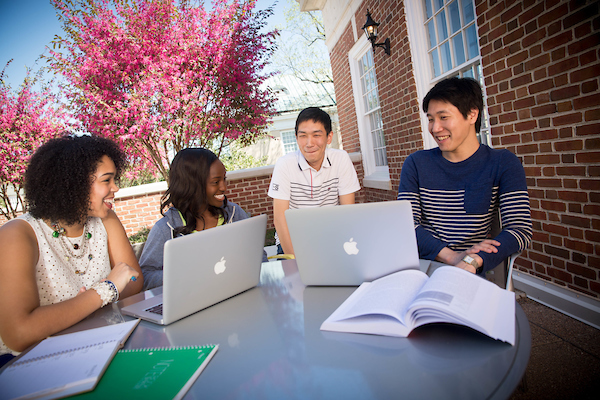
Paying for higher education can be a complex process, but understanding the different types of financial assistance and how to access them can minimize out-of-pocket expenses and take advantage of grants and scholarships. The Consumer Financial Protection Bureau also offers a highly useful Student Financial Guide to help explain the basics of aid offers, loans and student banking.
Following the steps below will make your pursuit of college in South Carolina as affordable as possible:
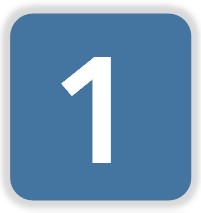
To determine if you will pay tuition at the in-state rate, verify that you meet residency requirements in the state of South Carolina. Residency is an essential part of tuition and fee determination, admission regulations, scholarship eligibility, and other relevant policies. Once you have determined residence eligibility, visit your prospective institution's website to find your estimated cost.
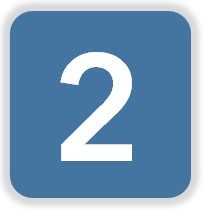
Explore the different types of scholarships and grants that may be available to you. Scholarships and grants are forms of financial assistance that do not have to be repaid:
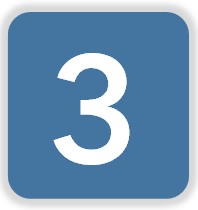
Complete the U.S. Department of Education's Free Application for Federal Student Aid (FAFSA). This is a critical step to maximize financial aid, as colleges use FAFSA data to determine financial aid eligibility and award amounts for both federal and state financial assistance.
Student aid eligibility depends on the Expected Family Contribution, year in school, enrollment status, and the cost of attendance at the school. The financial aid office at a college or career school will determine how much financial aid a student is eligible to receive.
- What information do I need to complete the FAFSA?
Before you click start, you should have on hand:
- Your Social Security Number
- Your A-Number (if you're not a U.S. citizen)
- Federal income tax returns, records of child support received; and your current balance of cash, savings, and checking accounts (Note: You must provide consent and approval to disclose your federal tax information to be eligible for federal student aid.)
- Bank statements and records of investments (if applicable), net worth of investments, businesses, and farms
- Records of untaxed income (if applicable)
- An FSA ID (account username and password) to log in to StudentAid.gov and start the FAFSA form electronically
- FAFSA Completion Resources
- New FAFSA Completion Toolkit: This resource center is designed to help students and families understand how to complete the New FAFSA, which went into effect in January 2024.
- In-person College Goal SC Events: The CHE facilitates College Goal SC FAFSA completion events at schools across the state from October through March annually to connect high school seniors with college financial aid personnel. Ask your high school guidance counselor for specific dates or view our calendar of upcoming events.
- Financial Aid Glossary: A little unsure of all the terms you’re encountering? The Office of Federal Student Aid publishes a robust glossary of financial aid terms to help you better digest what you’re reading.
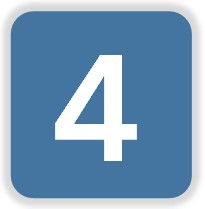
Student Loans
If the cost of education is not covered through financial aid and paying out-of-pocket isn't an option, student loans may be a consideration. Before taking out a loan, it’s important to understand that a loan is a legal obligation that the borrower is responsible for repaying, along with any interest accrued. The U.S. Department of Education’s federal student loan program is the William D. Ford Federal Direct Loan Program. Under this program, the U.S. Department of Education is the lender. There are four types of direct loans:
- Direct Subsidized Loans
Direct Subsidized Loans are loans made to eligible undergraduate students who demonstrate financial need to help cover the cost of higher education at a four-year college or university, community college, or trade, career, or technical school. You might see Direct Subsidized Loans and Direct Unsubsidized Loans referred to as Stafford Loans or Direct Stafford Loans, but these aren’t the official loan names.
- Direct Unsubsidized Loans
Direct Unsubsidized Loan eligibility is not based on financial need. Direct Unsubsidized Loans are made to eligible undergraduate, graduate, and professional students to help cover the cost of higher education at a four-year college or university, community college, or trade, career, or technical school. You might see Direct Subsidized Loans and Direct Unsubsidized Loans referred to as Stafford Loans or Direct Stafford Loans, but these aren’t the official loan names.
- Direct PLUS Loan for Parents
The PLUS Loan Application allows you to authorize the school to use your PLUS loan funds to satisfy your student’s other educational related charges after tuition and fees, and room and board (for on-campus students) have been paid. You are not required to provide this authorization.
It also allows the parent to:
- Designate whether the school pays any credit balance to the student or to you.
- Request a deferment while the student is in school, and for an additional six months after the student ceases to be enrolled at least half-time.
- Request a change to the loan amount specified in a previously submitted application.
- Direct PLUS Loan Application for Graduate or Professional Students
The PLUS Loan Application allows you to authorize the school to use your PLUS loan funds to satisfy other education-related charges after tuition and fees, and room and board (for on-campus students) have been paid. You are not required to provide this authorization. It also allows you to request a change to the loan amount specified in a previously submitted application.
SC Student Loan Options
- Palmetto Assistance Loan (PAL)
The Palmetto Assistance Loan (PAL) is South Carolina Student Loan’s fixed interest rate, private education loan for students or their parents. The PAL can be used to pay for educational expenses, such as tuition and fees, room and board, books, school supplies, transportation, and a computer.
Eligibility Requirements
- Be a student or the natural or adoptive parent of a student
- Be enrolled on at least a half-time basis in a certificate or degree granting program at a public or not-for profit college or university located within the U.S. that is deemed eligible by the U.S. Department of Education for participation in the Title IV, HEA programs
- Be a South Carolina resident attending an eligible school in the U.S., or an out-of-state resident attending an eligible South Carolina school
- Maintain satisfactory academic progress as defined by the institution for other financial aid programs
- Not be incarcerated
- Be creditworthy
- Be in good standing on other educational loans
- Be a U.S. citizen, national or permanent resident of the U.S.
- SC Teachers Loan/SC Career Changers Loan
The South Carolina Teachers Loan Programs were established by the state of South Carolina to help talented and qualified students become teachers. Funding for the SC Teachers Loan Program and SC Career Changers Loan Program is limited and subject to change, so apply early. You may only receive funding from one of these programs per year.
Benefits
- No application fees.
- Local, non-profit lender located in Columbia.
- The fixed interest rate will never change for the life of the loan.
- Electing to pay the accruing interest while enrolled in school will help lower your monthly payments once you complete your education.
- Your PAL interest payments may be tax deductible.
Eligibility Requirements for SC Teachers Loan
- You must complete an application and sign a promissory note.
- You must be a citizen or permanent resident of the United States and a resident of South Carolina.
- You must be enrolled in and making satisfactory academic progress at an approved institution on at least a half-time basis.
- You must be enrolled in a program of teacher education or have expressed an intent to enroll in such a program.
- Entering freshmen must have been ranked in the top 40 percent of their high school graduating class and have an SAT or ACT score equal to or greater than the South Carolina average for the year of high school graduation.
- Enrolled undergraduate students, including enrolled freshmen (second term of freshman year), must have a cumulative grade point average (GPA) of at least 2.75 on a 4.0 scale and must have taken and passed the Praxis I (Praxis Core after 06/30/14). Students with a SAT score of 1100 or greater (1650 for 3-part exams taken on or after March 1, 2005) or an ACT score of 24 or greater are exempt from the Praxis requirement.
- Entering graduate students must have at least a 2.75 GPA on a 4.0 scale Graduate students who have completed at least one term must have a GPA of 3.5 or better on a 4.0 scale If previously certified to teach, you must be seeking initial certification in a different critical subject area currently listed Zero origination fees.
- The loan may be in the student’s or parent’s name.
Additional Eligibility Requirements for SC Career Changers Loan
You must meet the above requirements except (1) the last requirement pertaining to previously certified teachers because the Career Changers Loan is only for someone changing careers to become a teacher, and (2) the academic requirements; those will be waived for the first year you apply for the Career Changers Loan You must have possessed a baccalaureate degree for at least three years. This requirement is waived for individuals who are instructional assistants in the South Carolina public school system. You must have been employed full-time for at least three years.
